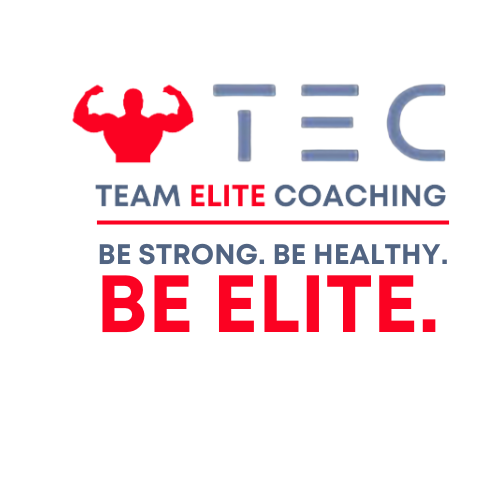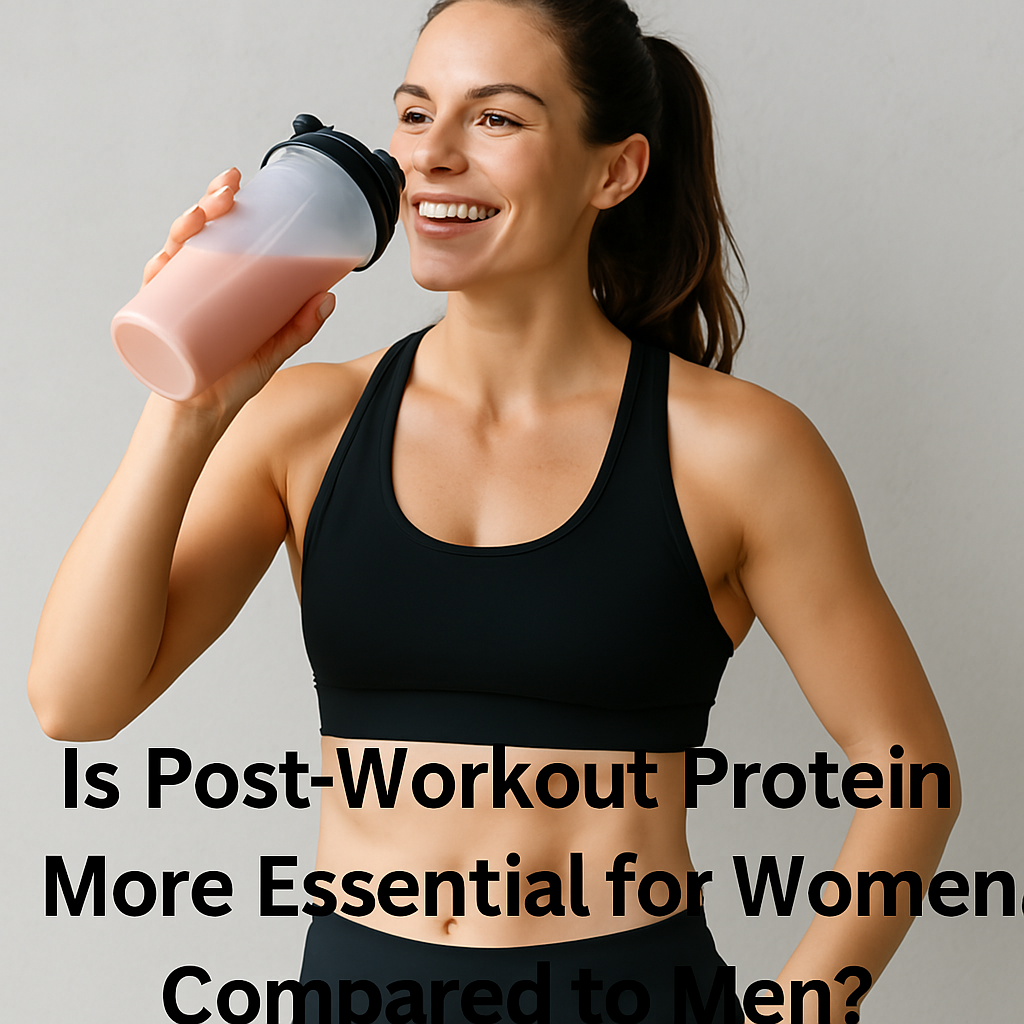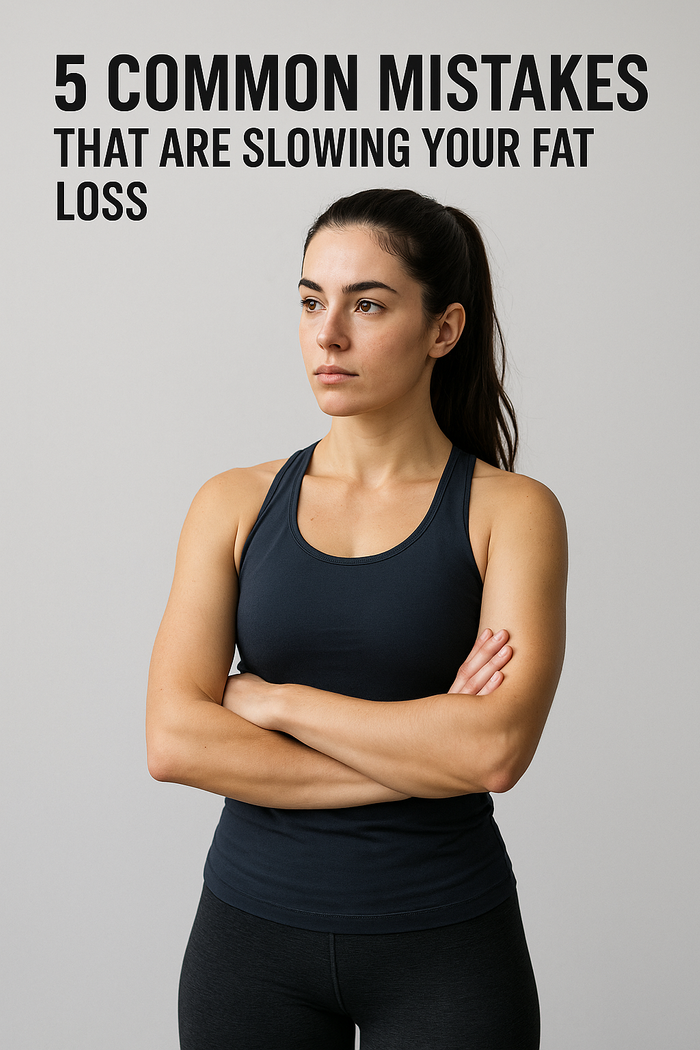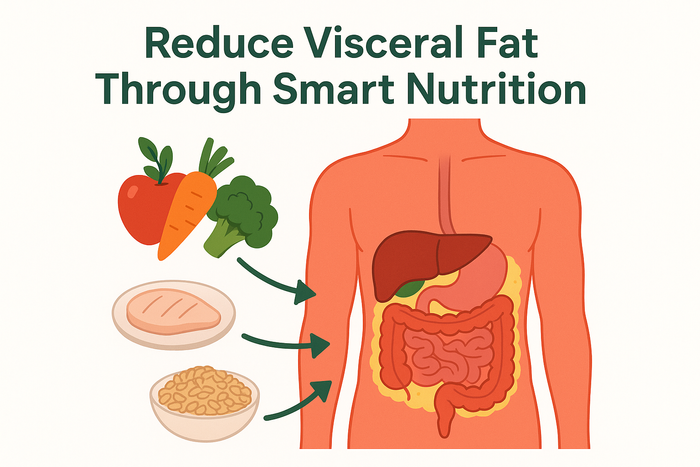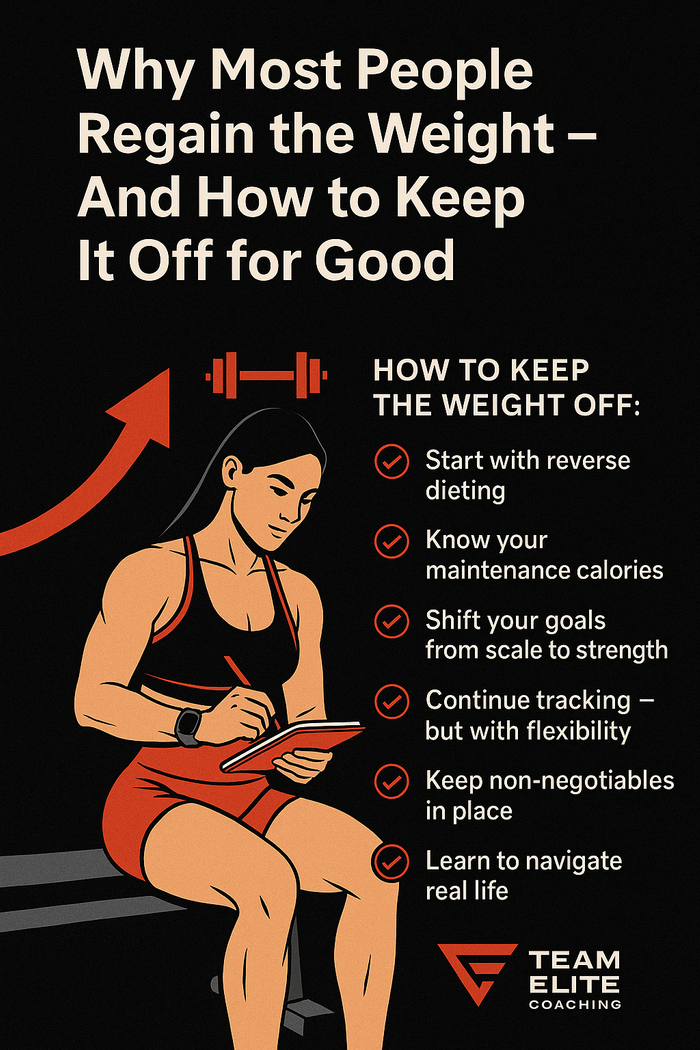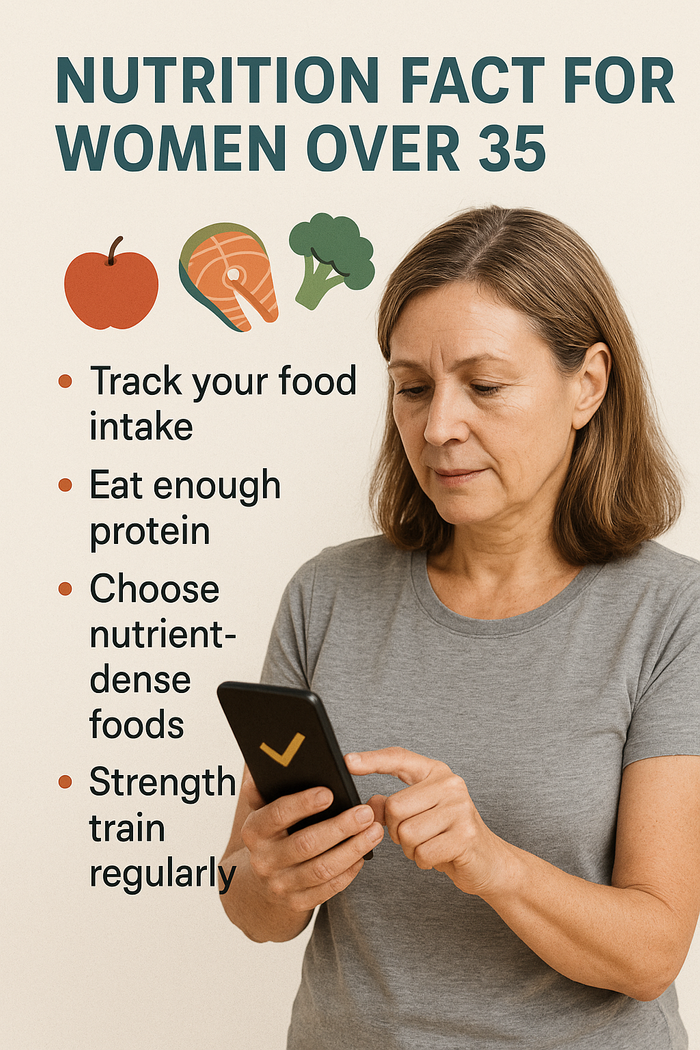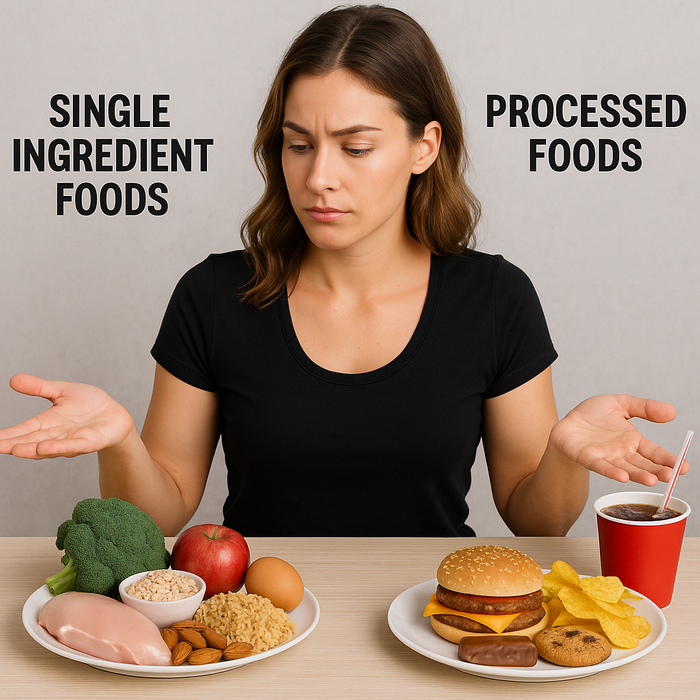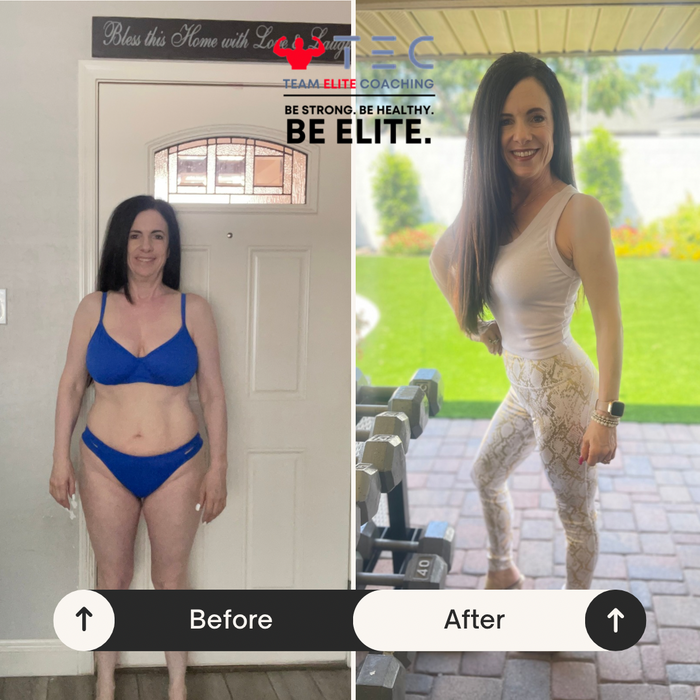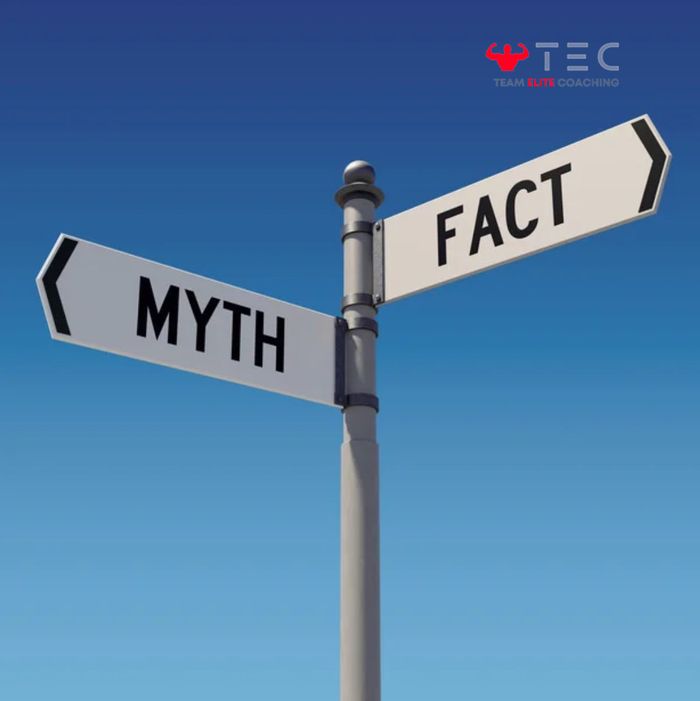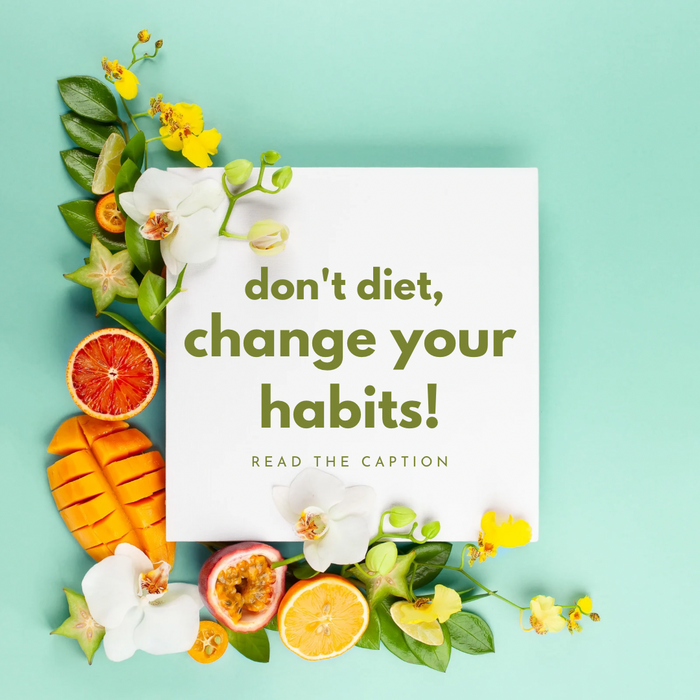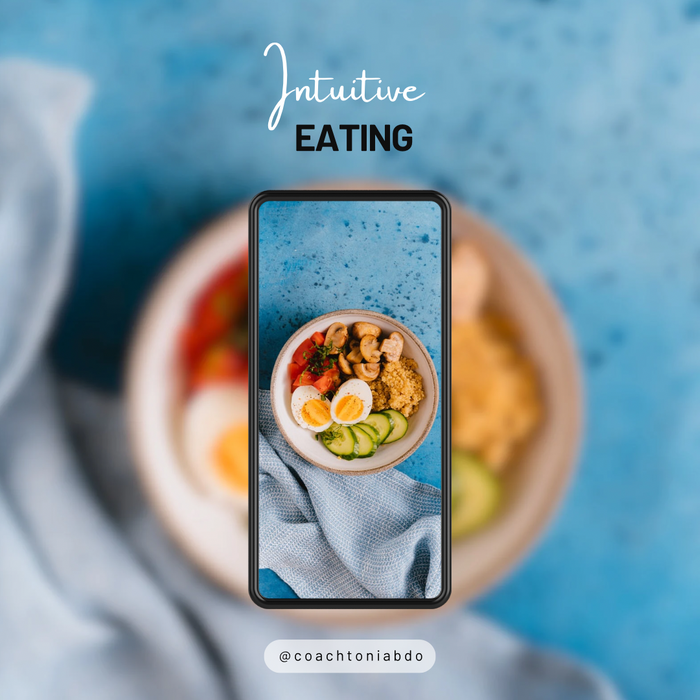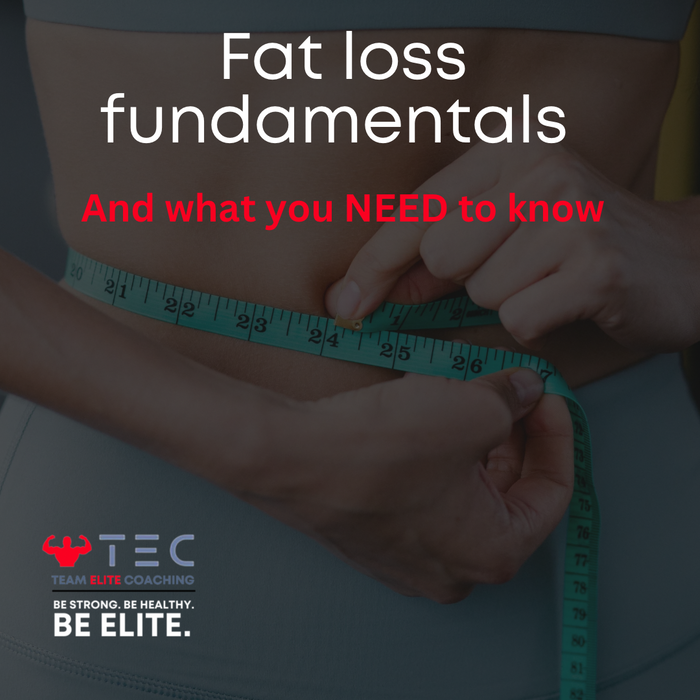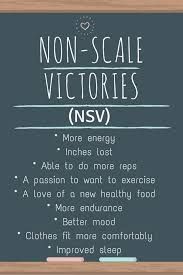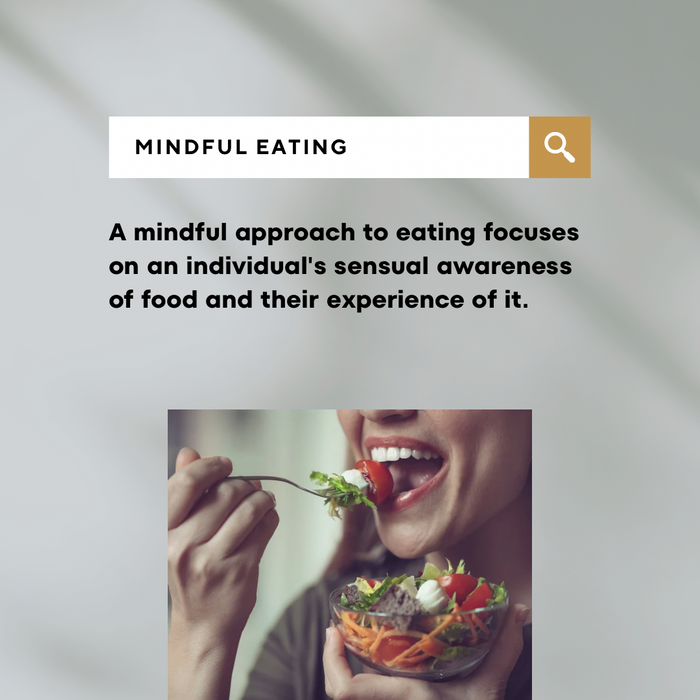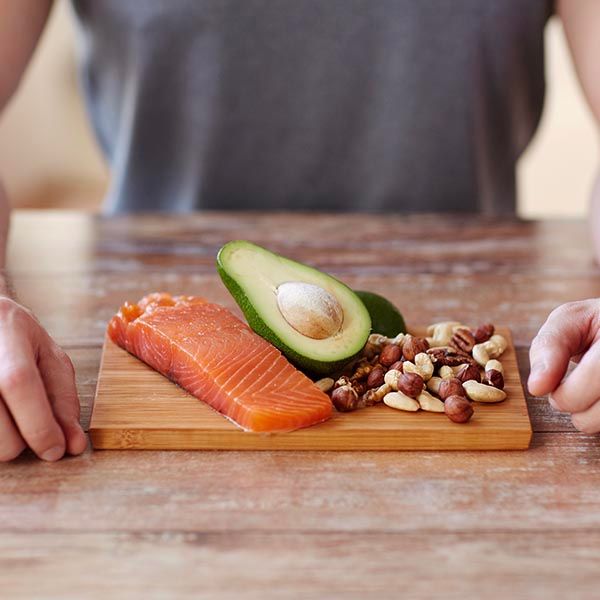Blog
Is post-workout protein more essential for women compared to men?
Is Post-Workout Protein More Essential for Women Compared to Men?
When it comes to post-workout nutrition, protein takes center stage—and for good reason. It plays a vital role in muscle repair, recovery, and growth. But a question that often arises in the fitness and wellness community is this: Is post-workout protein more essential for women than it is for men?
Let’s break it down.
Understanding Protein's Role Post-Workout
During exercise, especially resistance training, muscle fibers experience tiny tears. Protein provides the amino acids necessary to repair and rebuild those muscles, making it critical for both recovery and performance gains.
For both men and women, the window of opportunity post-workout—commonly known as the “anabolic window”—is considered an ideal time to consume protein. This window typically falls within 30 to 60 minutes after training, when muscles are especially receptive to nutrients.
Do Women Need Post-Workout Protein More Than Men?
Biologically speaking, both sexes benefit from protein intake after training. However, there are a few key considerations that may make post-workout protein particularly important for women:
1. Hormonal Fluctuations
Women experience monthly hormonal cycles that impact metabolism, muscle recovery, and nutrient utilization. For example, during the luteal phase (the two weeks after ovulation), progesterone rises, and the body may become more catabolic—breaking down tissue more readily. In this phase, post-workout protein becomes even more crucial to support muscle repair and prevent breakdown.
2. Muscle Mass Differences
On average, women have less lean muscle mass than men. This means preserving and building muscle becomes a top priority, especially for women pursuing body recomposition or fat loss. Post-workout protein helps maintain that hard-earned muscle, especially in a calorie deficit.
3. Recovery Needs
Some studies suggest that women may recover differently from resistance training and may benefit from a higher emphasis on nutrient timing. Proper post-workout protein can support quicker recovery and help manage soreness, allowing for more consistent training.
How Much Protein Should Women Consume Post-Workout?
A good rule of thumb is 20 to 30 grams of high-quality protein after a workout. This can come from a whey or plant-based protein shake, lean meats, eggs, Greek yogurt, or other protein-rich foods. The key is making sure the source is complete—meaning it contains all nine essential amino acids, particularly leucine, which is vital for muscle protein synthesis.
The Bottom Line
While post-workout protein is essential for everyone, it may hold unique importance for women due to hormonal shifts, muscle preservation goals, and recovery needs. Prioritizing a quality protein source after training helps women recover stronger, leaner, and more energized.
So, is it more essential for women than men? Perhaps not more essential—but certainly not less. For women serious about results, post-workout protein shouldn’t be skipped.
Unlocking Fat Loss: Avoid These 5 Common Errors.
Everyone wants faster fat loss results, but most people unknowingly make mistakes that hold them back. If you feel like you’re doing “all the right things” but the scale isn’t moving, it’s probably one (or more) of these common pitfalls. Let’s break them down and get you back on track.
Mistake #1: Underestimating Calories
Many people think eating “healthy” automatically means eating in a deficit. But nuts, oils, sauces, and even “healthy snacks” can add hundreds of extra calories. If you’re not tracking portions, you’re likely eating more than you realize.
💡 Fix: Track your food for at least a week. Use a food scale, measure portions, and be honest with yourself. Awareness is power.
Mistake #2: Not Prioritizing Protein
Protein is the most important macronutrient for fat loss. It keeps you full, supports muscle retention, and boosts metabolism. Yet, many people eat far less than they need.
💡 Fix: Aim for at least 0.8–1g of protein per pound of bodyweight daily. Build your meals around lean protein sources first.
Mistake #3: Overdoing Cardio & Skipping Strength Training
more“What It Takes to Be a Professional Bodybuilder”
What It Takes to Be a Professional Bodybuilder
Becoming a professional bodybuilder isn’t just about lifting weights and building muscle. It’s about turning your entire lifestyle into a system of discipline, precision, and consistency. Every rep, every meal, every hour of sleep, and every drop of sweat matters. Here’s a closer look at what it really takes to rise to the professional level.
1. Nutrition: The Fuel for Greatness
Bodybuilding is built in the kitchen just as much as in the gym. Professional athletes follow a food log with precise measurements of protein, carbs, and fats to ensure their bodies stay in an anabolic state for muscle growth while minimizing fat gain.
-
Protein fuels muscle repair and growth.
-
Carbohydrates provide the energy needed to train intensely and recover properly.
-
Healthy fats regulate hormones and support long-term health.
Every meal is tracked, often weighed to the gram or ounce, and aligned with overall calorie goals. There’s no room for guessing — precision is everything.
2. Training: Beyond Just Lifting
moreThe Importance of Visceral Fat—What It Is, How You Get It, and How to Reduce It Through Diet
What is Visceral Fat?
Visceral fat is body fat stored deep within your abdominal cavity, surrounding important internal organs like your liver, pancreas, and intestines. Unlike the fat you can pinch (subcutaneous fat), visceral fat is hidden—and it’s considered far more dangerous.
Research links high levels of visceral fat to:
-
Insulin resistance and Type 2 diabetes
-
Heart disease
-
High blood pressure
-
Certain cancers
-
Fatty liver disease
Because it’s internal, you can’t always see it—but measuring your waistline is a good indicator. Generally, a waist circumference above 40 inches for men and 35 inches for women suggests higher visceral fat risk.
How Do We Get Visceral Fat Through Our Diets?
The food choices we make directly influence how much visceral fat we store. Key dietary causes include:
✅ Consistently eating more calories than you burn
✅ High intake of added sugars (sodas, desserts, sweetened drinks)
✅ Excessive consumption of processed foods and refined carbs (white bread, pastries, chips)
✅ High saturated fat intake from low-quality sources (fried foods, fatty cuts of red meat, processed meats)
more✅ How to Keep the Weight Off: Proven Steps for Long-Term Success post
1. Start with Reverse Dieting (or Controlled Maintenance)
After a fat loss phase, gradually increase calories in small weekly increments (50–100 kcal per week) until you reach your estimated maintenance. This prevents rebound fat gain and supports hormonal recovery.
2. Know Your Maintenance Calories and Macros
Your maintenance isn't a mystery. Use your body weight, activity level, and history to calculate your daily intake, then test and adjust.
TIP: Maintenance doesn’t mean eating like you did before your journey — it means fueling your new body and lifestyle.
3. Shift Your Goals from Scale to Strength
During maintenance, focus on performance — strength gains, improved endurance, consistency, and building muscle. The scale may fluctuate, but your habits and results will compound.
4. Continue Tracking — but with Flexibility
You don’t have to track forever, but keeping an eye on portion sizes, protein, and daily habits can prevent creeping calories.
5. Keep Non-Negotiables in Place
Water, steps, sleep, workouts, and protein intake should remain part of your routine — even when you're not “on a diet.”
moreBoost Your Fat Loss With N.E.A.T.
🔥 Boost Your Fat Loss with NEAT – The Secret Weapon You’re Overlooking
If you've ever wondered why your fat loss progress has plateaued—even though you're crushing your workouts and eating clean—the answer might be in what you're not doing.
Enter NEAT, or Non-Exercise Activity Thermogenesis. It’s the energy you burn through all the movements you do outside the gym—walking around, cleaning, standing, fidgeting, even pacing on the phone.
And here's the secret: NEAT could be the missing link in your fat loss journey.
💡 Why NEAT Matters
NEAT can vary by hundreds of calories per day depending on your lifestyle. Unlike your workout, which might burn 300–600 calories in an hour, small movements throughout the day can add up to 1,000+ extra calories burned per day for an active individual.
That’s massive for fat loss.
✅ NEAT Activities You Can Start Today:
-
Walk More: Park further away, take walking meetings, or pace during phone calls.
-
Take the Stairs: Always choose stairs over the elevator.
-
Stand Up: Use a standing desk or take standing breaks every hour.
more
Add a "Strong, Fit, and 35+: Nutrition Tips to Lose Fat and Build Muscle" post
💪 Introduction:
For women over 35, your body doesn’t respond to nutrition and training the same way it did in your 20s. Hormonal shifts, slowed metabolism, and changes in muscle mass can make it harder to lose fat and build lean muscle. But with the right nutrition strategy, you can absolutely take control, feel stronger, and transform your body.
Here are key science-backed nutrition tips to help you achieve sustainable fat loss and muscle tone after 35.
🔥 Top 5 Nutrition Tips for Fat Loss + Muscle Building (35+ Edition):1. Prioritize Protein at Every Meal
Women over 35 need more protein to preserve and build lean muscle. Aim for:
-
1.0–1.2 grams of protein per pound of goal body weight
-
Include sources like lean meats, fish, eggs, Greek yogurt, tofu, and protein powders
✅ Example: A 150 lb woman should target 150–180g of protein daily.
2. Manage Your Calories – But Don’t Starve
A moderate calorie deficit (about 300–500 calories below maintenance) promotes fat loss without sacrificing muscle.
🚫 Avoid drastic diets. Undereating slows metabolism and increases fat retention, especially with age.
moreSingle Ingredient Foods vs. Processed Foods: What You Need to Know to Fuel Your Body Right
In today’s fast-paced world, convenience often wins over quality when it comes to food choices. But if your goal is fat loss, muscle building, more energy, or simply feeling better in your skin — the quality of your food matters just as much as how much you eat.
Let’s break down the key differences between single ingredient foods and processed foods, and why one fuels results while the other can stall your progress.
🔍 What Are Single Ingredient Foods?
These are foods that are made up of one whole, unaltered ingredient. Think:
-
Chicken breast
-
Eggs
-
Sweet potatoes
-
Oats
-
Brown rice
-
Broccoli
-
Apples
-
Almonds
These foods are as close to their natural state as possible. They haven’t been altered, flavored, or processed in any significant way.
👉 Benefits of Single Ingredient Foods:
-
High nutrient density (vitamins, minerals, antioxidants)
-
No added sugars or chemicals
-
Easier to track macros and calories
more
How to Lose Stubborn Fat (Without Falling for the Myths)
Let’s be real—losing fat is already hard work, but stubborn fat? That’s on another level of frustrating. Whether it’s your lower belly, love handles, thighs, or hips, you probably know the spots that just don’t seem to budge no matter how hard you diet or train.
Good news: You can lose stubborn fat. But first, you need to stop falling for quick fixes and start understanding what actually works.
In this post, I’ll break down the truth behind stubborn fat and give you a proven strategy to finally get results.
What Is Stubborn Fat (and Why Is It So Hard to Lose)?
Stubborn fat refers to the areas of your body where fat cells are more resistant to being burned for fuel. Common spots? For women, it’s usually hips, thighs, and lower belly. For men, it’s often the lower abs and love handles.
The reason? Hormones and blood flow.
These areas have a higher concentration of alpha-2 receptors, which slow down fat release, and lower blood flow, which makes mobilizing fat even harder.
Here’s the kicker:
👉 You can’t spot-reduce fat. No amount of crunches will melt belly fat directly. Fat loss always happens systemically—your body decides where it burns fat from.
moreBeyond Calories: How Hormones Influence Your Weight Loss Journey!
Debunking the Fat Loss Confusion: It's Calories AND Everything Else As a fitness content debunker, I constantly see misinformation about fat loss.
Some claim hormones, meal timing, or specific foods are the sole drivers, dismissing calories entirely. This is simply not true. Calories In vs. Calories Out (CICO) is a fundamental principle of fat loss, not just a theory.
It's the foundation upon which all other factors influence your progress. CICO incorporates the effects of hormones, diet quality, and meal timing, as these variables directly impact your calorie intake and expenditure.
- How these factors affect Calories IN?
Diet Quality: Whole, unprocessed foods are more filling, naturally reducing calorie intake compared to processed foods. Studies confirm this, showing reduced calorie consumption even without deliberate calorie counting.
Meal Timing: Consuming most of your calories earlier in the day promotes better appetite regulation, improves insulin sensitivity, and reduces late-night snacking, leading to lower overall calorie intake.
Hormones: Hormones like ghrelin (hunger hormone) and leptin (fullness hormone) significantly influence your appetite. Imbalances caused by poor sleep, stress, or extreme dieting can increase hunger and lead to overeating.
moreGaining weight without overeating?
Let me ask you a question.
Do you feel like you “don’t eat much,” yet you can’t lose weight?
Or even worse…. You’re slowly gaining weight?
Yes? Ok… now let me ask you a follow up question.
Do you have a small bite of a cookie, grab a handful of nuts, or have a small amount of any snack whenever you walk through the kitchen?
Or do you eat the 3 chicken nuggets your kids left on their plate because you didn’t want to be wasteful?
Do you take multiple bites of food when you’re preparing it to make sure it’s seasoned?
If you answered yes, this is exactly why you feel like you don’t eat much, yet you can’t lose weight.
It’s because you’re snacking on small amounts of calorie dense foods multiple times throughout the day, every single day, without even realizing how much you’re actually overdoing it by.
Half a cookie, a small handful of nuts, a bite of chocolate, 3 chicken nuggets, can add up to over 1000 additional calories each day, quickly, which can derail a lot of the hard work you’re putting into your nutrition.
And the reason you’re probably overly snacking throughout the day is because you try to restrict your meals so much because you want to lose weight that you’re never actually satisfied after you eat.
moreThe biggest reason why you are not losing weight!
Do you struggle with weight loss despite feeling like you don't eat much?
Do you find yourself constantly grabbing small snacks throughout the day, like a bite of a cookie, a handful of nuts, or your kids' leftovers?
These small bites and tastes can quickly add up to over 1000 extra calories daily, sabotaging your weight loss efforts.
This often happens because restrictive diets leave you feeling unsatisfied, leading to constant snacking. Instead of small, unsatisfying meals, focus on large, fulfilling meals that keep you feeling full and prevent the urge to snack.
Additionally, track your food intake diligently for at least three months to gain awareness of your eating habits and identify hidden calories.
I hope you find this helpful...
more3 essential keys to unlock your fat loss journey
1. Sustainable Caloric Deficit
• You must consistently consume fewer calories than you burn to lose fat. However, the deficit shouldn’t be extreme—typically, a 10-25% reduction from maintenance calories is ideal.
• Tracking macros helps ensure you’re eating enough protein to maintain muscle while in a deficit.
2. Prioritize Strength Training
• Lifting weights helps preserve muscle mass, which keeps your metabolism higher.
• Strength training also improves body composition, so you look lean and toned instead of just “smaller.”
• Aim for at least 3-4 sessions per week focusing on compound movements like squats, deadlifts, and presses.
3. Consistency Over Perfection
• Fat loss isn’t about being perfect; it’s about staying consistent over time.
• Weekend overeating, “cheat days,” and mindless snacking can easily erase a weekly deficit.
• Prioritize high-protein, whole foods, stay mindful of portions, and make adjustments as needed to stay on track.
Would you add anything based on what’s worked for you?
moreGetting in shape is hard and being out of shape is even harder
Fitness journeys are challenging. Working out, early mornings, meal prep, resisting temptations, and staying consistent amidst a busy life can feel overwhelming.
But consider this: living with unrealized potential and wondering "what if" is also hard.
The initial steps are the toughest; consistent effort for six months makes it easier and more rewarding.
Many struggle not from lack of information, but from lack of action, motivation, and inspiration.
At Team Elite Coaching, we bridge that gap. We provide guidance, support, and accountability, equipping you with the tools, strategies, and community to achieve lasting progress.
moreWhy most people fail to keep their weight off?
Weight loss statistics can be discouraging. Studies show that 95% of people who lose weight gain it back. Why? They often rely on extreme and restrictive methods that are impossible to maintain long-term.
These unsustainable approaches set you up for failure, leading to a cycle of yo-yo dieting and discouragement. True, lasting weight loss requires sustainable habits, not quick fixes.
At Team Elite Coaching (Online Coaching), we understand the challenges of weight loss and provide a different approach. We don't offer fad diets or quick fixes that yield temporary results. Instead, we empower you to build lifelong habits through enjoyable workouts tailored to your fitness level, flexible nutrition plans that incorporate your favorite foods, and consistent accountability from our expert coaches.
Our evidence-based approach focuses on creating a solid foundation for lasting results, so you can not only achieve your weight loss goals but also maintain a healthy lifestyle for years to come.
moreHow do I lose weight and keep it off?
Losing weight and keeping it off requires a sustainable approach to diet, exercise, and mindset. Here’s a guide tailored to you:
1. Establish a Calorie Deficit!
To lose weight, you must burn more calories than you consume.
• Track Your Macros: Since you already track macros, adjust them to suit your weight-loss goals (e.g., slightly lower carbs/fat while maintaining protein for muscle retention).
• Prioritize Whole Foods: Choose nutrient-dense, minimally processed foods like lean protein, vegetables, whole grains, and healthy fats.
2. Strength Training
Strength training is key to maintaining muscle mass while losing fat.
• Aim for 3–4 sessions per week, focusing on compound movements (e.g., squats, deadlifts, presses).
• Building muscle helps boost your metabolism over time.
3. Cardio for Heart Health and Calorie Burn
Include 2–3 cardio sessions per week, but don’t overdo it.
• Mix steady-state cardio with high-intensity interval training (HIIT) for variety and efficiency.
4. Stay Consistent on Weekends
You’ve mentioned weekends can be tricky. Plan ahead for meals and allow for flexibility without going overboard.
moreHow long can you stay on a calorie deficit?
How long can I be in a calorie deficit?
This is a common question among those striving for weight loss. The simple answer is: as long as necessary to reach your goal, provided you're feeling well and not experiencing burnout.
There's a misconception that prolonged calorie deficits damage metabolism or hinder fat loss. This is simply not true. Some coaches incorporate regular diet breaks, typically every 8-12 weeks, based on this misconception, which unnecessarily prolongs the dieting process.
While diet breaks can be beneficial, they shouldn't be implemented solely due to the duration of a calorie deficit. If you're not feeling burnt out, not excessively hungry, and still have energy for workouts and daily activities, maintaining a calorie deficit is perfectly acceptable.
Focus on listening to your body and adjusting your approach as needed, rather than adhering to arbitrary timelines. Team Elite Coaching (Online Coaching) can provide personalized guidance and support on your weight loss journey.
moreShort rest or long rest for muscle growth?
For muscle growth, rest duration between sets can vary depending on your goals:
• Short Rest (30-60 seconds): Promotes muscle endurance and can increase metabolic stress, which may contribute to muscle hypertrophy. However, shorter rests often lead to reduced strength on later sets, which might limit the weight you can lift.
• Long Rest (2-3 minutes): Allows for better recovery of strength between sets, which can lead to lifting heavier weights overall. Heavier weights can contribute to muscle growth through increased mechanical tension, a key driver of hypertrophy.
In general, a mix of both can be beneficial: use shorter rests for lighter accessory work and longer rests for compound lifts where maximizing weight is important.
For example if you are training your biceps, you can easily recover within 60 seconds but if you were to train your quads an exercise such as squats, especially it's a compound movement that can tackle your central nervous system, you will need at least 90 seconds in order to recover and add more weights.
Hope this helps and if you have any question don't hesitate to reach out to me @coachtoniabdo
more5 ways to rethink what a 'balanced diet' means
Most of us probably think we have a pretty good idea of what a "balanced diet" looks like. And a lot of us may be wrong.
"I don't love the term," which can give people an outdated or oversimplified idea of what healthy eating looks like.
"We wouldn't tell someone that they can smoke a couple of cigarettes just as long as they get 60 minutes of exercise during the day! "So similarly, we shouldn't tell folks that they should have foods that aren't really nutrient-dense, just as long as they have some vegetables on their plate."
Finding balance in your diet also is more than just adding up numbers, "If I tell you, 'You should eat so many milligrams of a certain nutrient,' you'll be like, 'Well, what does that mean? It could be very overwhelming to many people.
But a healthy approach to eating doesn't have to be complicated.
1. Picture the plate:
Focusing on nutrient-dense foods is a healthy way to start. "You need your healthy fat sources, your healthy protein sources, and your fruits and vegetables," a combination that provides balance. "If you're eating whole grains and fruits and vegetables, but you don't have a protein source, that's not good."
moreHolidays can undo healthy habits
The holidays can be a difficult time to stay on track with your fitness goals. From now until New Year's Day, your schedule will likely be filled with family obligations, traveling and festive outings with all sorts of tempting treats.
Even the most disciplined people can find it difficult to stick to their health and fitness routines during the holiday season. Many gyms including most Planet Fitness and LA Fitness gyms have shortened hours around Christmas and New Year's and are closed entirely on Christmas day.
But this year can be different. Gym closures, holiday plans and holidays treats don't have to set you back in your fitness goals.
Here are few tips to help you stay with your healthy habits:
1. Move your body;
Avoid sitting for prolonged periods of time, such as when watching football games or eating. Remember: Too much sitting is hazardous to your health. Research shows that getting up for just five minutes every 30 to 60 minutes and performing light activity (say, pacing around the house or performing simple squat exercises) reduces the risk of diabetes and other heart disease risk factors.
2. Make lists, exercise early and sleep:
exercise in the morning is one of the biggest tips I recommend. "To alleviate the potential negative impacts of the season, I recommend making sure workouts are in the morning so you don't get distracted later in the day by parties, events or other holiday hoopla. I also recommend getting plenty of rest and maintaining lists to stay organized and stress-free."
moreGetting past a weight-loss plateau
Just because your weight loss has stalled, don't revert to bad habits. These tips can help you restart your weight-loss plan.
You've been working hard to follow a healthy, low-calorie diet and improve your exercise habits. And your rewards have been watching your weight go down and feeling better. Now, however, for no reason you can identify, the scale has stopped budging. You've hit a weight-loss plateau.
Don't get discouraged. It's typical for weight loss to slow and even stall. By understanding what causes a weight-loss plateau, you can decide how to respond and avoid backsliding on your new healthy habits.
What is a weight-loss plateau?
A weight-loss plateau is when your weight stops changing. Being stuck at a weight-loss plateau eventually happens to everyone who tries to lose weight. Even so, most people are surprised when it happens to them because they're still eating carefully and exercising regularly. The frustrating reality is that even well-planned weight-loss efforts can stall.
What causes a weight-loss plateau?
During the first few weeks of losing weight, a rapid drop is typical. In part, this is because when you initially cut calories, the body gets needed energy by releasing its stores of glycogen. Glycogen is a type of carbohydrate found in the muscles and the liver.
moreWhy gaining muscles as we age is so important?
Gaining muscle as we age is crucial for several reasons:
- Counteracts muscle loss: As we age, we naturally lose muscle mass, a condition called sarcopenia. Gaining or maintaining muscle helps slow down this process, preserving strength and mobility.
- Supports metabolism: Muscle tissue is metabolically active, meaning it burns more calories at rest than fat. Gaining muscle can help maintain a healthy metabolism, which tends to slow with age.
- Improves bone density: Strength training and muscle growth can enhance bone density, reducing the risk of osteoporosis and fractures, which become more common as we age.
- Enhances functional strength: Muscle strength improves daily activities such as carrying groceries, climbing stairs, and staying independent longer, promoting a higher quality of life.
- Supports weight management: Muscle gain can help with managing body fat, improving overall body composition and helping to prevent age-related weight gain.
- Improves insulin sensitivity: Muscle mass is linked to better insulin sensitivity, which reduces the risk of type 2 diabetes and helps manage blood sugar levels.
Intuitive Eating
Hello to all my fitness friends,
We get a lot of client inquiries from people who want to pursue fat loss using intuitive eating. But the question is it the right decision for you?
This leads to some eye-opening conversations, as intuitive eating and intentional dieting are mutually exclusive.
Intuitive eating is a weight-neutral approach that focuses on health, not body weight. The aim is to foster a healthy relationship with food, free from the pressures of diet culture. This could be very hard for those who has been dieting for most of their life.
If you’re following an intuitive eating approach, any and all weight changes that occur are a consequence of the healthy behaviors you engage in.
If you were overeating prior to adopting an intuitive eating practice, getting more in tune with your hunger and fullness cues may lead to some weight loss. And if you were under eating before intuitive eating, you may experience some weight gain, but that's when you have to bee very patient because it takes time to adapt to intuitive eating.
moreThe Diet After The Diet!
Have you ever reached your goal weight and then what! Sadly most people when they reach their goal weight they got stuck staying within their calorie intake fearing to increase their calories to sustain their goal weight. When in fact over 90% of people who reach their goal weight ends up gaining it all the way back or even more. The reason why because they are not reversing their diet properly.
Reverse dieting is a gradual process of increasing caloric intake after a period of dieting or caloric restriction. It is often used to restore metabolic function, prevent rapid weight gain, and ease back into a maintenance phase. Here are some key benefits:
1. Metabolism Recovery: Prolonged calorie restriction can slow your metabolism. Reverse dieting helps by gradually increasing calories, allowing your metabolism to adapt and become more efficient.
2. Prevent Rapid Weight Gain: Jumping from a diet to eating a significant number of calories can lead to rapid fat gain. Reverse dieting reduces this risk by controlling calorie increases over time.
3. Hormonal Balance: Caloric restriction can disrupt hormones like leptin (hunger regulation) and thyroid hormones (metabolism regulation). Reverse dieting can help restore balance, improving energy levels and hunger control.
moreFat loss Fundamentals and what you NEED to know
First on a physiological level, fat loss is very well understood and simple if you don’t overthink it.
1 . Fat loss comes from energy deficit. “Calories consumed VS Calories burned”
2. You can still see body fat % goes down during calories at maintenance level and body composition changes.
3. But the most important thing during our weight loss is not just to lose weight, is to actually lose as much as body fat % while maintaining to keep and gain muscles.
Here are the 5 keys for maximizing fat loss while preventing muscle loss
How do we know that we are losing body fat and not muscles?
1. You must be in an energy deficit!
2. Progressive Resistance Training!
3. Making sure that the deficit size is appropriate. That means if you are losing more than -0.5-1.5% of totally body weight every week then you know that you are either under eating or overtraining by a lot that you start to lose muscles
moreWhy do we exrecise?
Hi fitness friends,
If you would have told me 20 years ago that I’m still exercising regularly, but with no intention of losing weight or changing the shape of my body, a singular thought would’ve crossed my mind:
“Then what’s the point?”
Back then, I thought exercise was a tool for fat loss. If I hadn’t been constantly striving to be a smaller and more shredded version of myself, there’s little chance I would have engaged with it at all.
Now that I’m older and wiser, I know that regular exercise has so many benefits beyond aesthetics. People exercise to:
✅ support mental health
✅ improve bone density and/or cardiovascular fitness
✅ improve cognitive abilities as they age
✅ increase quality of life
✅ meet a performance goal
✅ increase self-esteem and confidence
✅ have fun, make friends, and connect with others
Physique goals aren’t inherently problematic. Gaining muscle and/or losing fat can be really motivating and meaningful objectives for the right people.
But it’s important to remember that there are so many reasons to exercise that have nothing to do with changing the way your body looks.
moreHow to change your habits for a better healthy lifestyle!
Are you thinking about being more active? Have you been trying to cut back on less healthy foods? Are you starting to eat better and move more but having a hard time sticking with these changes?
Old habits die hard. Changing your habits is a process that involves several stages. Sometimes it takes a while before changes become new habits. And, you may face roadblocks along the way.
Adopting new, healthier habits may protect you from serious health problems like obesity and diabetes. New habits, like healthy eating and regular physical activity, may also help you manage your weight and have more energy. After a while, if you stick with these changes, they may become part of your daily routine.
The information below outlines four stages you may go through when changing your health habits or behavior. You will also find tips to help you improve your eating, physical activity habits, and overall health. The four stages of changing a health behavior are
- contemplation
- preparation
- action
- maintenance
What stage of change are you in?Contemplation: “I’m thinking about it.”
In this first stage, you are thinking about change and becoming motivated to get started.
moreHow to lose weight with setting realistic goals
“Before everyone gets too focused on weight loss, a better approach is achieving and maintaining good health, is combining that approach with realistic goals is the best way to achieve good health. View weight loss as slow and steady, which can help shift attention from short, drastic changes to a more moderate diet and physical activity level that are more attainable and long-lasting.”
To lose weight, calorie intake from foods and beverages must be less than calories expended from basic body functions and physical activity. Reasonable and healthy weight loss should be about 0.4 to 1.00% of total body weight on a weekly average.
“People make drastic changes in their diets by restricting certain foods or only eating certain foods. While this results in rapid weight loss, it simply isn’t sustainable or healthy." Losing weight doesn’t have to mean making big dietary changes. Instead, focus on small changes that move toward a healthy eating pattern.”
For example, fill half of the dinner plate with fruits and vegetables. Increase whole grains and shift toward lean protein and low-fat or non-fat dairy choices. In addition, select foods with less added sugar. Enjoy your food by being mindful of eating slowly.
moreCan you lose fat while gaining muscles at the same time?
Can you lose fat and gain muscle at the same time 🤔
The short answer is yes, BUT ...
It’s not an optimal pathway for everyone!
According to the Oxford dictionary, recomposition means the action of composing or forming something again or differently.
The aim is to both preserve and build muscle while simultaneously losing fat.
Body recomposition is a little like watching grass grow. When you plant the seed, it’s a slow process
If you don’t nurture the grass, you won’t see a difference in its growth. However, if you take care of it by feeding, watering and giving it sunshine, the grass will start to take shape.
Before you know it, you’ll have an amazing landscape to work with and all you need to do from here is maintain.
Body recomposition is all about remaining patient, fueling your body, training hard, and getting sufficient rest, which will help to build your desired physique 💪🏼. How much fat one can lose while maintaining or even building muscle during recomposition depends on many variables and is very individualized.
Long term weightlifters will find the recomposition process much harder and less successful than new lifters and it may not be the most optimal pathway for them. Seasoned lifters may find it more beneficial to concentrate on a slight surplus to help them reach their goals.
more"NSV" Non-scale victories
Hello, friend!
If you’re someone who is or will be working toward a body composition goal, consider this a friendly reminder that while I am a proponent of relying on scale weight to gauge progress, it absolutely should not be viewed in isolation. Interpreting the meaning of scale weight is highly context-dependent!
Many people focus too much on scale weight when working towards their fitness goals, especially if they’re trying to shed body fat. If you’re starting your fat loss journey or if you're already in the middle of it, remember that your scale weight is just data. A lot of things both in and out of your control can have a huge impact on what this number reads, and this can include variables such as:
any change in your carb intake over the past few days
any change in your sodium intake over the past few days
whether or not you’ve had a bowel movement
how much water you’ve been drinking
where you’re at in your menstrual cycle (if applicable)
changes in your stress levels
changes in your training routine or intensity
It might also help to remember that a lower scale weight doesn’t always mean better outcomes. What if you’ve hit a weight loss goal but your quality of life has dropped tremendously? What if you’ve had to resort to an unsustainably restrictive diet and more cardio than you’d like to hit that number on the scale? Is seeing a lower number on the scale worth a change in your libido or in your moods, thus potentially impacting your personal life or mental health?
moreIdentify your triggers
If you binge when you’re sad, the problem isn’t your anxiety, sadness, or stress.
Emotions are not the problem too. Because this is how you’ve learned to respond to emotions that you don’t know how to sit with, manage, or regulate.
No matter what rationally you should do, if you are emotionally dysregulated, you will always tun to what soothes you: which is “FOOD”
Eating is your way to cope. That doesn’t make the emotion the problem.
The purpose of coping is to help you regulate your emotions so that you can solve the problem behind the emotions in the first place.
Þ It’s not a crime
Þ It’s not something to punish yourself
Þ It’s not a personality defect.
It’s a coping mechanism. That’s it
So, if you want a new response to emotions-rather than blaming the emotions, your goal is to learn how to manage the emotion when it comes up!
Because if you are honest with yourself, is the problem anxiety? Or is the problem that you don’t know how to regulate yourself when you feel anxious?
moreWhy so many diets fail?
Hello fitness friends,
The word ‘diet’ has strong negative connotations for a lot of people. It may conjure up thoughts of restriction and deprivation, or vivid memories of past attempts to lose weight that were miserable and unsuccessful.
This is hardly surprising, considering that many people harbor rigid attitudes towards food and subject themselves to impossibly strict diets when they’re looking to lose weight.
It may seem like a good idea to banish everything tasty from your diet in order to expedite results, but research strongly suggests that this type of all-or-nothing thinking backfires in a big way.
When you eat something you’ve deemed off-limits, it’s likely that you’ll engage in something called counterregulatory eating. Triggered by breaking your own self-imposed rules, you find yourself throwing in the towel and indulging in everything you swore you’d never eat again. And before you know it, you’re stuck in a vicious cycle that rarely (if ever) leads to sustainable weight loss.
It’s why the relatively new and growing trend of people shouting about all the foods you should never eat again is counterproductive at best and harmful at worst.
moreWhat gets measured, gets improved by time.
Tracking and measuring your food should not be a chore. Writing down what you consume shows your daily and weekly intake in a snapshot. Research shows that people who kept food records lost twice as much weight as people who didn’t track what they ate. Food tracking can help you identify your healthy habits, such as choosing nutritious snacks, and habits that need improving, such as drinking too many sugary drinks.
Think about your health goals. Lose weight? Cut back on sodium? Reduce your cholesterol or blood pressure? Write down your goals. This will keep you stay focused on why you are tracking what you consume.
Here are some ways to keep a food diary:
- Write down what you eat and drink on paper, keep notes on your computer or digital device, or use a food tracking website or app.
- Track what you ate, the times you ate and portion sizes. Add notes about what you were doing while you were eating. Working? Watching TV? Also include how you were feeling at the time. Hungry? Stressed?
- Include the amount of specific nutrients, such as calories, sodium, saturated fat and/or fiber, depending on your health goals.
At the end of each week, review and analyze your food diary. Are you meeting your goal? Do you see any patterns or triggers that are barriers? For example, maybe you notice you crave a snack in the afternoons and head for the vending machine. Now that you have identified this as an unhealthy pattern, you can think of ways to combat it. For instance, you can pack healthy snacks at home, such as unhealthy nuts or unsweetened dried fruit, and leave them in your desk. Or bring portable fruit, such as grapes, an apple or a banana, with your lunch. By doing this day after day, you’ll create a new, healthy habit.
moreWelcome
Welcome to our site! We are in the process of building our blog page and will have many interesting articles to share in the coming months. Please stay tuned to this page for information to come. And if you have any questions about our business or want to reach out to us, we would love for you to stop by our contact page.
Thank you!
more